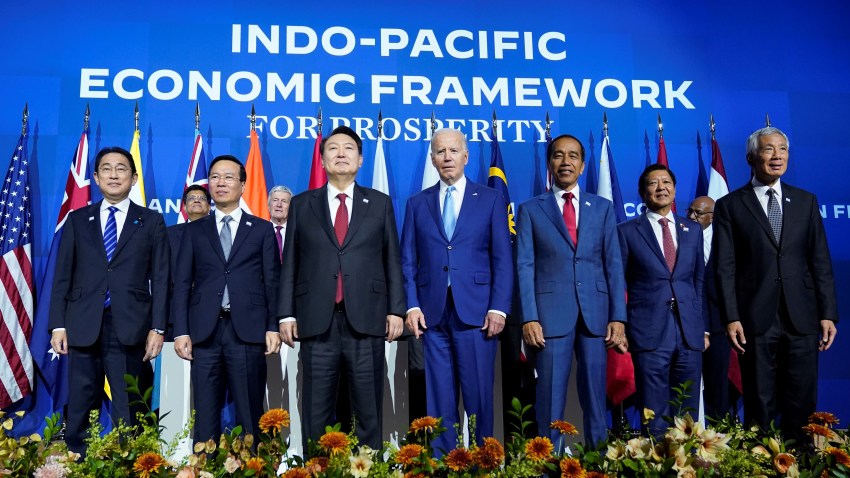U.S. President Joe Biden’s term in office has come at a time when trade agreements have fallen out of fashion in the United States. Both the Republican and Democratic parties interpreted former President Donald Trump’s victory in 2016 as powered in part by his critical stance toward Washington’s trading relationships. As a result, new free trade deals are now seen as toxic across the political spectrum.
For Biden, this has presented a challenge. On the one hand, he campaigned on the promise of restoring internationalism and multilateralism to the heart of U.S. foreign policy. On the other hand, Biden and his team understood that many U.S. voters felt they had been victimized by the impersonal forces of economic globalization and that a trade policy based on neoliberal principles would win them little support in key swing states of the industrial Midwest.
The administration’s solution was to promise what it has variously called a “foreign policy for the middle class” and a “worker-centered trade policy.” The premise of this new approach is that trade policy ought to serve U.S. citizens not primarily in their role as consumers, but instead in their role as producers. The administration argues that the free trade deals of the past flooded the U.S. with cheap consumer goods, while paying no heed to the millions of workers who lost their jobs because U.S. factories couldn’t compete with the tide of imports. A worker-centered policy, by contrast, aims to use trade policy to create jobs in the U.S. and improve the resilience of the U.S. economy.

